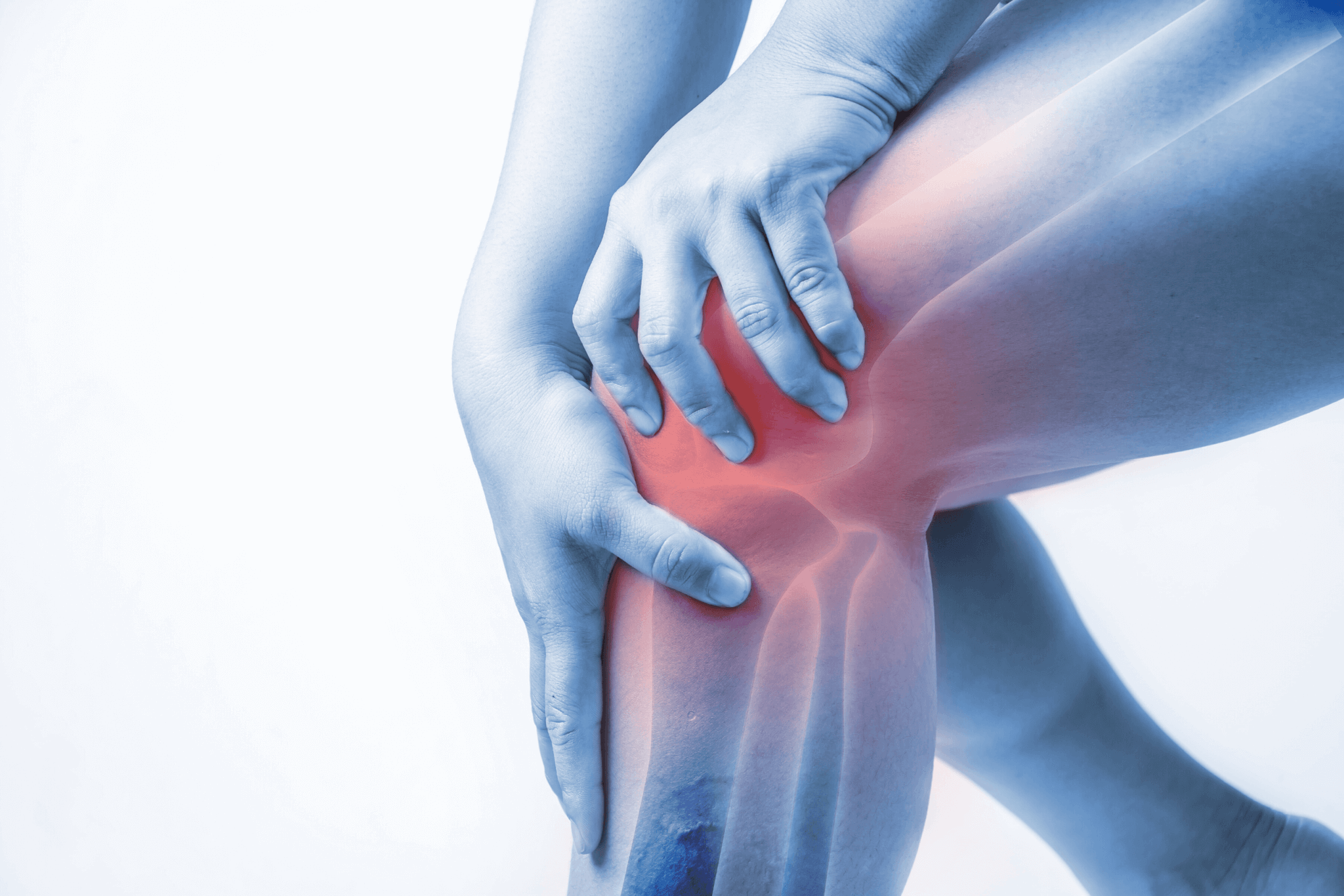2Mami Insights
Your go-to source for news, tips, and inspiration.
When Joints Throw Tantrums: A Survival Guide for Pain-Free Living
Unlock pain-free living! Discover essential tips and tricks in our ultimate survival guide for rebelling joints. Don’t let pain win!
Top 5 Everyday Habits to Reduce Joint Pain
Living with joint pain can be challenging, but certain everyday habits can significantly alleviate discomfort. Here are the top 5 everyday habits to reduce joint pain:
- Stay Active: Regular physical activity helps to increase flexibility and strengthen the muscles around your joints. Consider low-impact exercises such as swimming, walking, or cycling.
- Maintain a Healthy Weight: Excess weight puts additional strain on your joints, particularly those in the knees and hips. Adopting a balanced diet and practicing portion control can help manage your weight effectively.
- Incorporate Anti-Inflammatory Foods: Foods rich in omega-3 fatty acids, like salmon and walnuts, along with colorful fruits and vegetables, can help fight inflammation in the body and reduce joint pain.
- Stay Hydrated: Drinking plenty of water is essential for joint health as it helps maintain the lubricating fluid in your joints. Aim for at least 8 glasses of water a day.
- Practice Good Posture: Maintaining proper posture can help alleviate unnecessary pressure on your joints. Make a conscious effort to sit and stand with a straight spine and aligned shoulders.

Understanding Inflammation: Key Factors That Make Your Joints Scream
Inflammation is a natural response of the body to injury or infection, but when chronic, it can lead to severe discomfort in the joints. Understanding the key factors contributing to inflammation is essential for managing and alleviating joint pain. One of the primary culprits is diet. High sugar and processed food intake can trigger inflammatory responses, while a diet rich in omega-3 fatty acids, antioxidants, and whole foods can help combat inflammation.
In addition to dietary choices, lifestyle factors play a significant role in joint inflammation. Lack of physical activity can weaken muscles around the joints, making them more susceptible to injury and inflammation. Moreover, stress and lack of sleep can exacerbate inflammation, so it’s crucial to incorporate relaxation techniques and a regular sleep schedule. By addressing these factors, individuals can significantly reduce their risk of painful inflammation and improve their overall joint health.
Is Your Diet Worsening Joint Pain? Here’s What You Need to Know
Many people are unaware that their diet can significantly impact joint health and pain levels. Is your diet worsening joint pain? If you frequently consume foods high in sugar, refined carbohydrates, and unhealthy fats, you may be exacerbating inflammation in your joints. Studies have shown that certain diets, particularly those rich in processed foods, can lead to increased inflammation and pain. It's essential to identify the foods that trigger or aggravate your symptoms, as this knowledge can empower you to make healthier dietary choices.
To combat joint pain, consider incorporating inflammatory-reducing foods into your diet. Here are some dietary adjustments that may help:
- Increase omega-3 fatty acids found in fish like salmon and walnuts.
- Eat more fruits and vegetables that are rich in antioxidants, such as berries and leafy greens.
- Opt for whole grains instead of refined grains to help reduce overall inflammation.
Ultimately, being mindful of what you eat can play a crucial role in managing joint pain effectively.